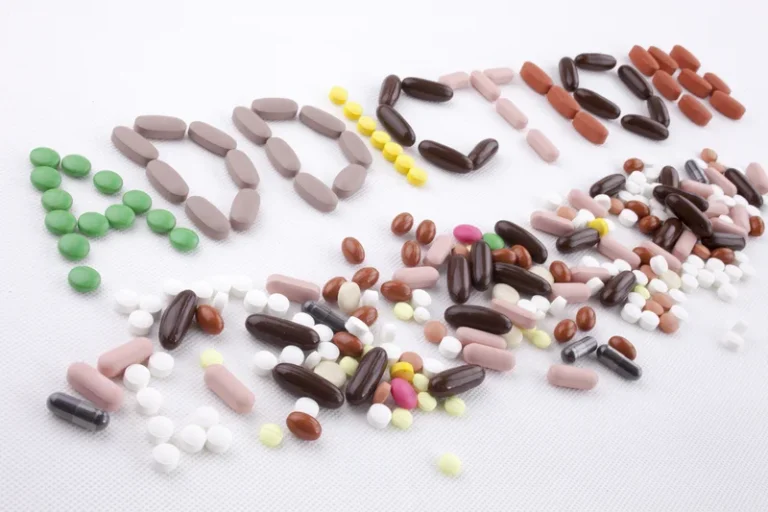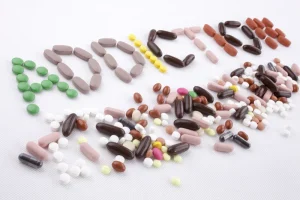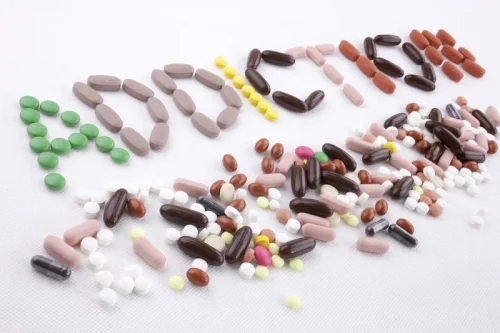Alcohol and kidney disease

Investigators have observed alcohol-related changes in the structure and function of the kidneys and impairment in their ability to regulate the volume and composition of fluid and electrolytes in the body. Chronic alcoholic patients may experience low blood concentrations of key electrolytes as well as potentially severe alterations in the body’s acid-base balance. In addition, alcohol can disrupt the Sober living house hormonal control mechanisms that govern kidney function.

Healthy Foods: The Ultimate Guide To Healthy Eating
The slope of the estimated glomerular filtration rate (eGFR) over 12 years according to baseline alcohol consumption categories among 5729 participants. Data from 10,030 participants were extracted from a de-identified dataset for analysis, and 9724 participants who had baseline data on alcohol consumption were included in our cohort. After excluding participants without data on serum Cr at baseline and the sixth phase of follow-up, data from 5729 participants were available for analysis. A flow how does alcohol affect kidneys diagram summarizes cohort construction (Supplementary Fig. 2). But alcohol can also harm other body organs which can impair renal function.
- Many studies have shown that alcohol consumption is related to cardiovascular disease, urinary protein, and CKD 3,6,16,45,66–69.
- However, as alcohol consumption can lead to adverse events, such as hypertension, cerebral hemorrhage, alcohol addiction, and tendencies toward violence, clinicians should not advise non-drinkers to start drinking.
- Alcohol affects the muscles in the blood vessels, which may cause them to narrow.
- In fact, IgA glomerulonephritis—acute inflammation of the kidney caused by an IgA immune response—is one of the most common types of primary glomerulonephritis worldwide (D’Amico 1987).
- In turn, heavy alcohol consumption is implicated in the development of these cardiac diseases, with chronic, heavy drinkers at higher risk than those who consume small to moderate amounts of alcohol.
- Hence, we sought to examine the association of alcohol consumption with the change and rapid decline in kidney function over 12 years in a South Korean population-based cohort study.
- Dr. Poduval’s deep clinical expertise has contributed to his success as a healthcare leader, driving growth and innovation in several healthcare sectors.
Association between total alcohol intake and change in the eGFR over 12 years

Furthermore, moderate alcohol consumption appears to be harmful in patients with CKD because it increases the incidence of cerebral hemorrhages 14,89. However, various factors like the amount consumed, the duration, and individual response to alcohol can influence the effects. Some of the first signs of kidney damage from alcohol are increased urination frequency, weakness, and fatigue. According to a study published in The Lancet, it is 100 grams of alcohol per week (30). This equals 5 cans of beer, 12 shots of whisky, or 3.5 cups of wine. Chronic alcohol use also interferes with the kidney’s ability to maintain blood pressure (14).
- It is important to remember that someone who is an older adult or has health problems may be more susceptible to the effects of alcohol than the general population.
- However, another rat model showed that ethanol may increase blood pressure and angiotensin II type 1 receptor expression, causing glomerular morphology changes.
- Panoramic Health is a value-based kidney care platform that is led by physicians with over 14 years of experience treating patients across the CKD-ESRD continuum.
- All data were composed, organized, and explored in the Health and Welfare Data Science Center of Ministry of Health and Welfare in Taiwan.
Acute Kidney Injury (AKI)

This sudden episode of kidney damage or failure may occur within a few hours or a few days. Abstinence is one of the characteristics of human drinking habits; many doctors will encourage patients to stop drinking, which may be good for their health 121. As for the kidney damage caused by alcohol, some studies discovered that the patients’ renal function recovered after abstinence 1. However, others also found that abstinence cannot completely repair the kidney injury 26.
Along with oxidative stress, increasing evidence suggests that some nonoxidative mechanisms also factor into alcohol-related organ damage. Specifically, ethanol metabolism produces fatty acid ethyl esters in various organs (Laposata and Lange 1986), which can cause ethanol-induced organ damage. Calabrese and Rizza (1999) found that ethanol induced a significant increase in the levels of fatty acid ethyl esters. They measured the highest levels in the heart, followed by kidney, brain, and liver.
- This serious condition occurs when toxins from alcohol build up in your blood so fast your kidneys can’t maintain the proper fluid balance.
- In addition to filtering blood, your kidneys do many other important jobs.
- Moreover, even if alcohol may help prevent kidney cancer, it can increase the risk of developing other cancers.
- If you have kidney disease that leads to kidney failure, you will need regular dialysis or a kidney transplant.
- Ask your healthcare provider about the negative impacts and reactions that alcohol may have on the medications you have been prescribed.
However, it is believed that light to moderate drinking is unlikely to cause serious health problems for most people. Some experts would contend that any alcohol is too much, but most will just advise against heavy alcohol use. Alcohol increases your risk of developing diabetes and can make it more difficult to manage diabetes if you do have it. One of the main negative effects that diabetes can create is impaired kidney function. If alcohol increases the symptoms of diabetes, it can indirectly lead to kidney complications.
- This sudden episode of kidney damage or failure may occur within a few hours or a few days.
- Acute kidney injury is a type of kidney failure that lasts only a few weeks.
- In general, NO is generated by mesangial cells and renal tubular epithelial cells, and it plays an important role in the regulation of glomerular and medullar hemodynamics and renin release.
Dr. Poduval is dedicated to transforming care delivery by expanding patient access and creating value for physicians outside of direct patient care. He has a proven track record of creating synergistic healthcare opportunities for patients, providers, and payers, improving patient outcomes and leading data-driven provider collaboration. Panoramic Health is a value-based kidney care platform that is led by physicians with over 14 years of experience treating patients across the CKD-ESRD continuum. We provide a transformative approach to care delivery as we partner with health systems, providers, and practices. The kidneys are two bean-shaped organs that are made up of roughly a million nephrons (filtering units). These nephrons work to filter the blood in the body to return the nutrients back into the bloodstream and remove waste products.

In particular, studies have shown that alcohol can contribute to liver, breast, and colorectal cancers (28). However, if the damage is detected early and alcohol consumption is stopped, the kidneys may gradually recover and regain their partial or full function (4, 19). These compounds may cause oxidative stress and inflammation that damage kidney structures (16, 17, 18). On top of that, oxidative stress can worsen existing kidney problems. If the condition becomes severe, it will ultimately lead to kidney failure. The kidneys are vital in maintaining the body’s internal balance and overall health.

Regular and excessive alcohol use can also cause high blood pressure (hypertension) for a combination of reasons, such as disrupting hormones and affecting the muscles in blood vessels. According to a 2017 review, the question of whether alcohol consumption affects kidney function remains controversial. According to the World Health Organization (WHO), there is no so-called “safe” level of alcohol consumption, and the more alcohol a person drinks, the greater their risk of health issues. Alcohol is a toxic substance that can damage the body’s organs and tissues.
So, alcohol consumption can be a double-edged sword for patients with CKD, and any policy regarding alcohol consumption for them must be very cautious. Many studies have confirmed that unhealthy diet and lifestyle can cause various diseases, and heavy alcohol consumption is one of the important factors 66. As an influential factor of many chronic diseases, alcohol consumption has been increasingly studied in recent years.




